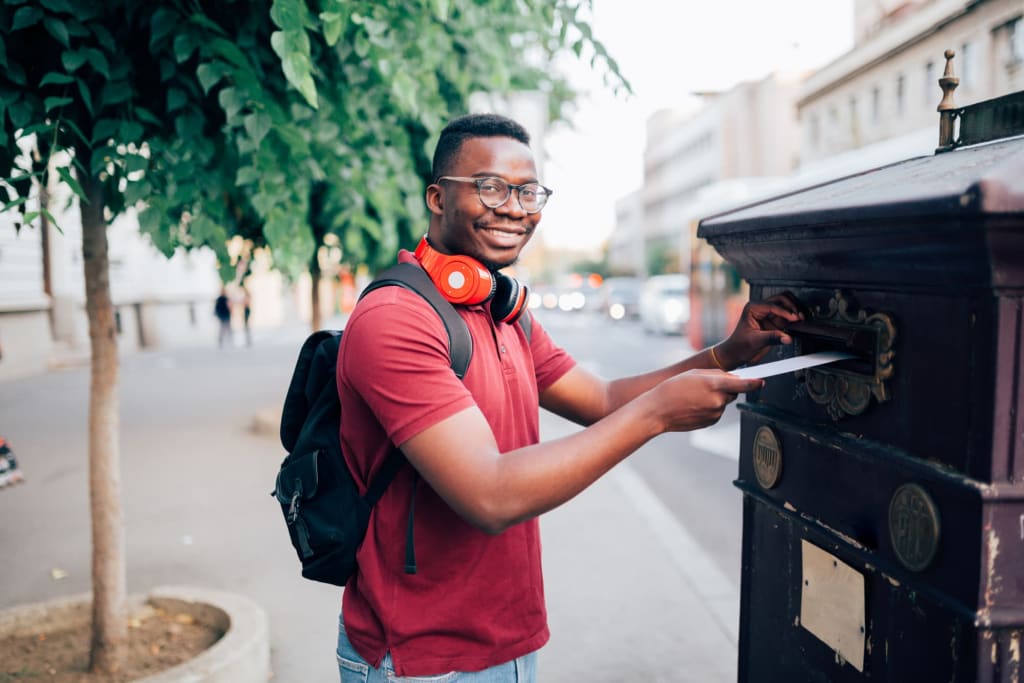As the current political landscape continues to evolve, students of color across the country are more engaged and tuned in than ever before. With the rise of social media and digital activism, young voices are amplifying their concerns and pushing for meaningful change in areas that impact their communities. Here are some of the top political issues that students of color are passionate about:
1. Racial justice and policing reform: The ongoing issue of racial injustice and police brutality has been a central focus for students of color, particularly in the wake of high-profile incidents involving Black Americans. Many are calling for systemic changes in policing practices, such as increased accountability and transparency, as well as efforts to address implicit bias and racism within law enforcement agencies.
2. Immigrant rights and DACA: Immigration reform is a critical issue for many students of color, especially those who are undocumented or have family members who are at risk of deportation. The future of the Deferred Action for Childhood Arrivals (DACA) program is of particular concern, as it provides essential protections for young immigrants brought to the U.S. as children.
3. Education equity: Students of color are disproportionately affected by disparities in education, such as access to quality schools, resources, and opportunities for advancement. Many are advocating for policies that address the root causes of these inequities and strive to create a more inclusive and supportive learning environment for all students.
4. Environmental justice: Communities of color are often disproportionately impacted by environmental hazards and pollution, leading to health disparities and economic challenges. Students of color are pushing for policies that promote environmental justice, such as clean energy initiatives, sustainable development, and equitable access to green spaces.
5. LGBTQ+ rights: LGBTQ+ students of color face unique challenges related to discrimination, violence, and lack of representation in mainstream political discourse. Many are advocating for policies that protect their rights, such as anti-discrimination laws, equal access to healthcare, and support for LGBTQ+ youth in schools and communities.
6. Economic inequality: Students of color are disproportionately affected by economic disparities and systemic barriers to financial stability and wealth accumulation. Many are calling for policies that address income inequality, provide access to affordable housing and healthcare, and create opportunities for upward mobility and economic empowerment.
Overall, students of color are a driving force in shaping the political conversation and pushing for progressive change on a wide range of issues that impact their communities. By raising their voices, advocating for policy reforms, and mobilizing for action, they are working towards a more inclusive and equitable future for all.
